What Did You Read in July 2024?
I hope everyone had a good month of reading wherever you were: at the beach, on the deck, listening to an audiobook, on another planet... ( I further hope that (1) you will find something of interest in my reading list and (2) you’ll share what you read.
Not pictured:
Train Dreams (2002) Denis Johnson
Inspired by the New York Times list of Best Books of the Century, I decided to try a new-to-me author. If this novella is any indication of Johnson’s talent, I may read everything he’s ever written. From the point of view of Robert Grainier, a day worker in the American West at the turn of the 20th century, Johnson paints an odyssey of loss and defeat as well as the transformation of America as seen by one man’s lifetime that covers little territory geographically, but worlds of the heart. The last moments of the book are unforgettable.
From the photo:
The Name of the Game is Death (1962)/One Endless Hour (1969) Dan J. Marlowe
Like many books from Stark House Press, this one includes two novels. Dan J. Marlowe was a crime writer Stephen King famously called “the hardest of the hardboiled.” We can knock that around sometime, but Marlowe delivers a pair of stories unflinching in their hardboiledness (if that’s a word, and I believe it’s not). The Name of the Game is Death introduces us to Earl Drake, a master criminal trying to catch up to the man he teamed up with to pull off a just-barely successful heist. In a small Florida town, Earl (using one of his many aliases) finds plenty of temptations (mostly of the female variety) and a local cop who doesn’t take kindly to strangers. One Endless Hour is a sequel to the first story with Earl reinventing himself, shall we say, while attempting to pull off a couple of jobs after plastic surgery. I think of Earl Drake as a stepbrother of Richard Stark’s Parker, only less rigid and often surrounded by more idiots. This two-novel collection is hardboiled and not for the kids.
Kubrick: An Odyssey (2023) Robert P. Kolker, Nathan Abrams
If you’ve ever wondered why Stanley Kubrick directed only 13 feature films in a 47-year career, Kubrick: An Odyssey will scratch that itch. That’s roughly 3.5 years per film with the longest span between titles coming in at 12 years between Full Metal Jacket and Eyes Wide Shut. Kubrick was obsessive, arrogant, and brilliant. Yet he was consistent in how he approached each film, with absolute perfectionism, which comes at a price. In over 600 pages, we’re treated to the stories behind each movie, but ultimately don’t get a progression of Kubrick the director or the man, rather the same story told 13 times. You get the feeling Kubrick was always learning about film but little about himself. This is not necessarily the fault of the authors, it’s just the way Kubrick was. I found the biography fascinating and frustrating in an “I’ve heard this story before” way. Yet I was astounded that for each person in the film industry who hated Kubrick, there was always someone else unflinchingly loyal to him. The book is a must for Kubrick fans and worth a look for everyone else.
Rage (1977) Richard Bachman (Stephen King)
After the Heath High School (Kentucky) shooting in 1997, Stephen King allowed Rage to go out of print. While copies of the paperback are hard to find and expensive, the novel is much easier to access as part of The Bachman Books collection (which also includes The Long Walk, Roadwork, and The Running Man), although more recent printings of that volume include only three titles. Fearing the novel contributed or may further contribute to school shootings, King’s self-censorship is admirable, but the book simply isn’t very good. For King completists only.
Enjoying the Bible: Literary Approaches to Loving the Scriptures (2021) Matthew Mullins
Mullins states that many Christians view the Bible as an instruction manual, a place to find all the answers to our questions. It does provide instruction, but it also can “captivate, comfort, delight, shock, and inspire.” (Goodreads) We should, in some cases, read it not only for its beauty (as we might for poetry or literature), but also to move us, to touch our hearts and our emotions. Therein lies the potential danger: emotionalism without solid biblical exegesis. Mullins addresses this issue a few times, but it’s the elephant in the room throughout the work. Yet I enjoyed the book and hope to return to it again.
The Lion, the Witch, and the Wardrobe (1950?) C. S. Lewis (2x)
I’m embarrassed, not to admit that I read this for the first time in 1985, but that it took me nearly 40 years to revisit it. As C. S. Lewis once said, “No book is really worth reading at the age of ten which is not equally - and often far more - worth reading at the age of fifty and beyond.”
Shane - Paramount’s Classic Western (2021) Aubrey Malone
Shane - Paramount’s Classic Western is primarily a “making of” examination of the film. I appreciated the author’s research, particularly on how the movie was constructed and the valuable comparisons between the Jack Schaefer novel and the finished film. Yet the book suffers from objectivity as the author frequently gives his opinion rather than sticking to the facts. If you’re a fan of the movie, you’ll probably want to pick this one up, but I prefer the BFI Film Classics book from 1999.
The Old Curiosity Shop (1840) Charles Dickens
My Dickens journey continues… I wanted to love this book, and I did for its first half. Well-drawn characters, Victorian London, wicked behavior, and manipulation are all depicted to a high degree, even though many of these themes and developments are already old hat after just a few of Dickens’s novels (this being his fourth). As Dickens drew closer to the finale, I felt cheated by how the villain was handled, what happened to the protagonist, and more. I hope to revisit it in a few years.
Okay, now let me know what you read in July 2024.


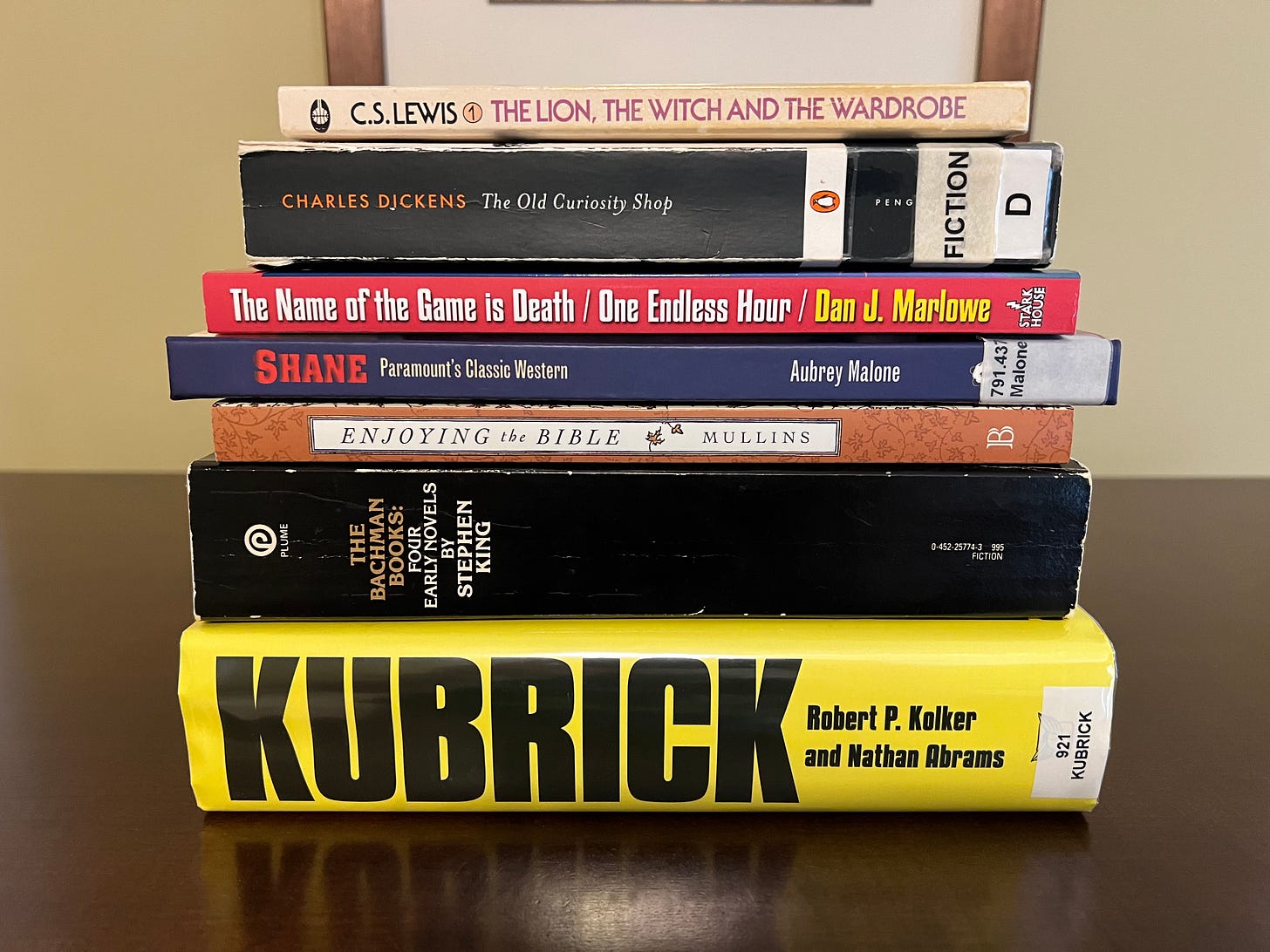
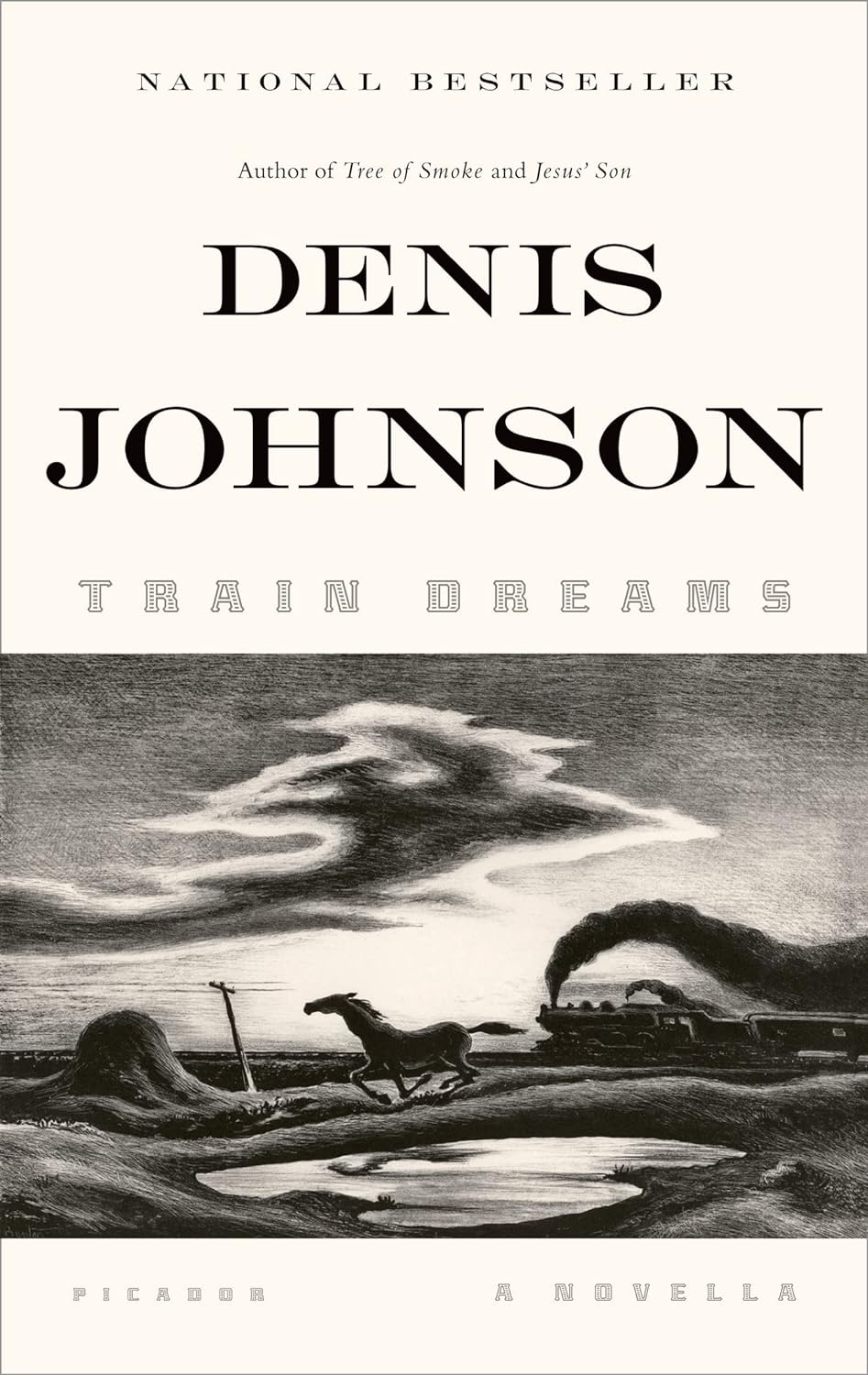
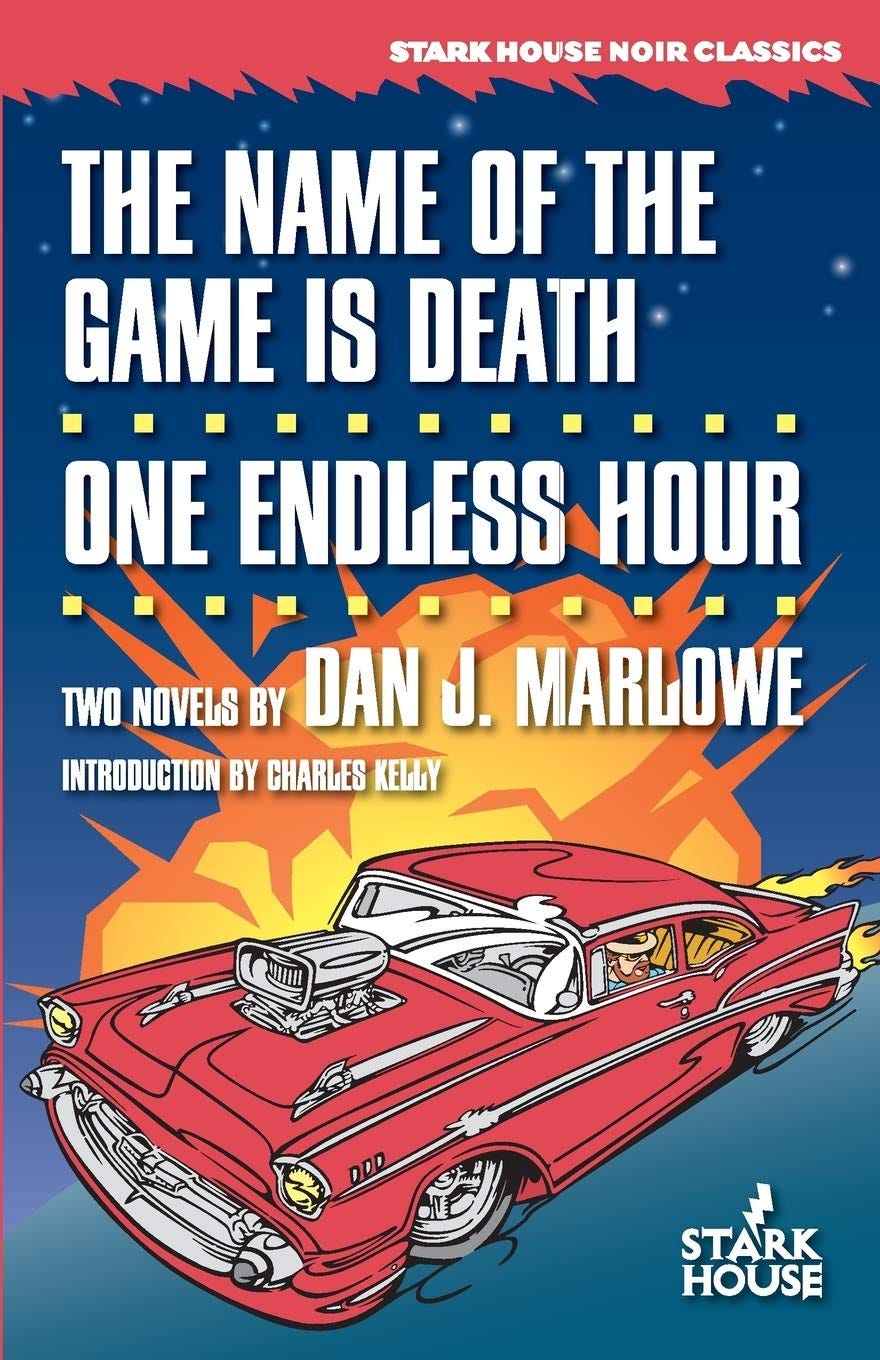
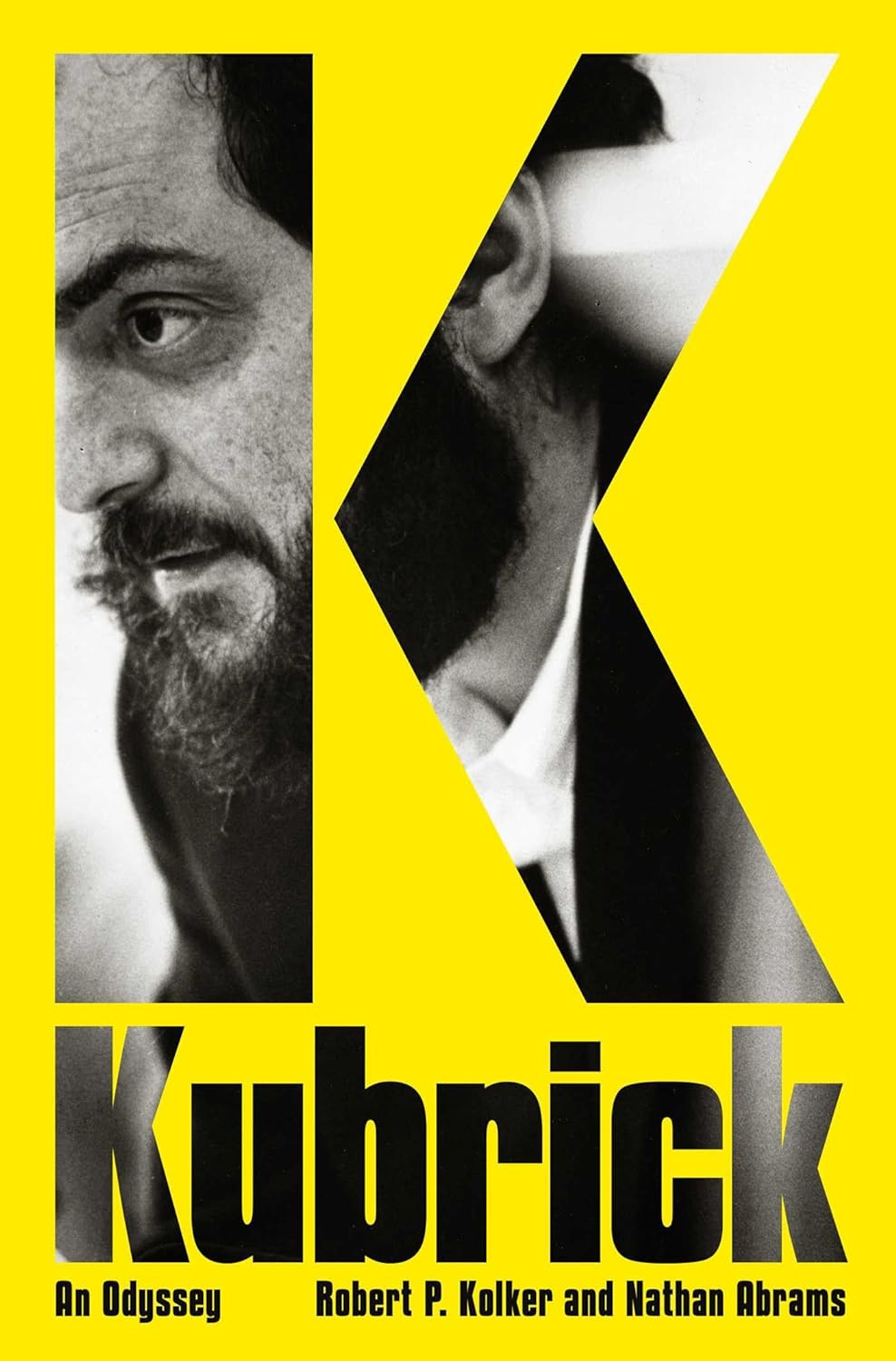
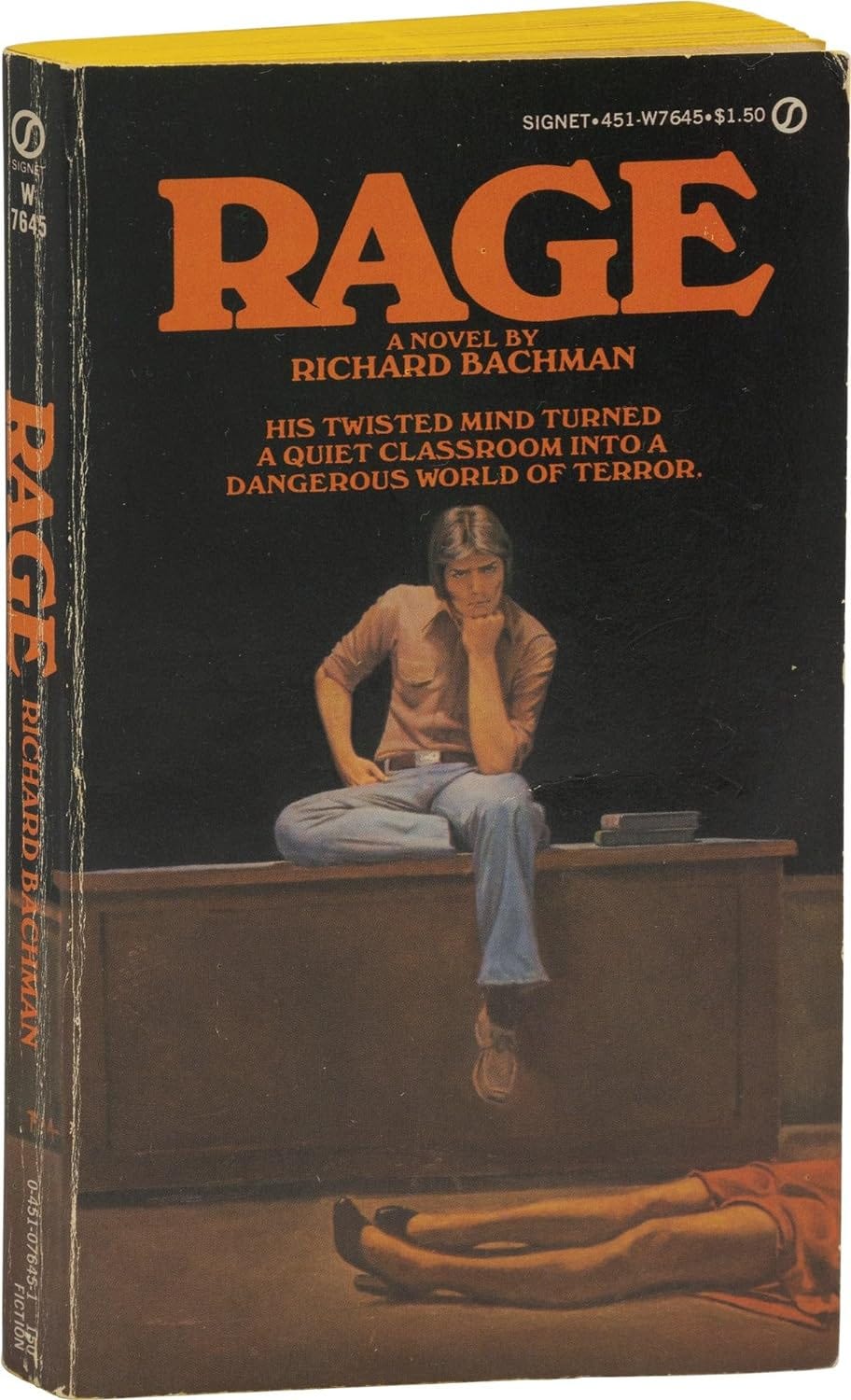
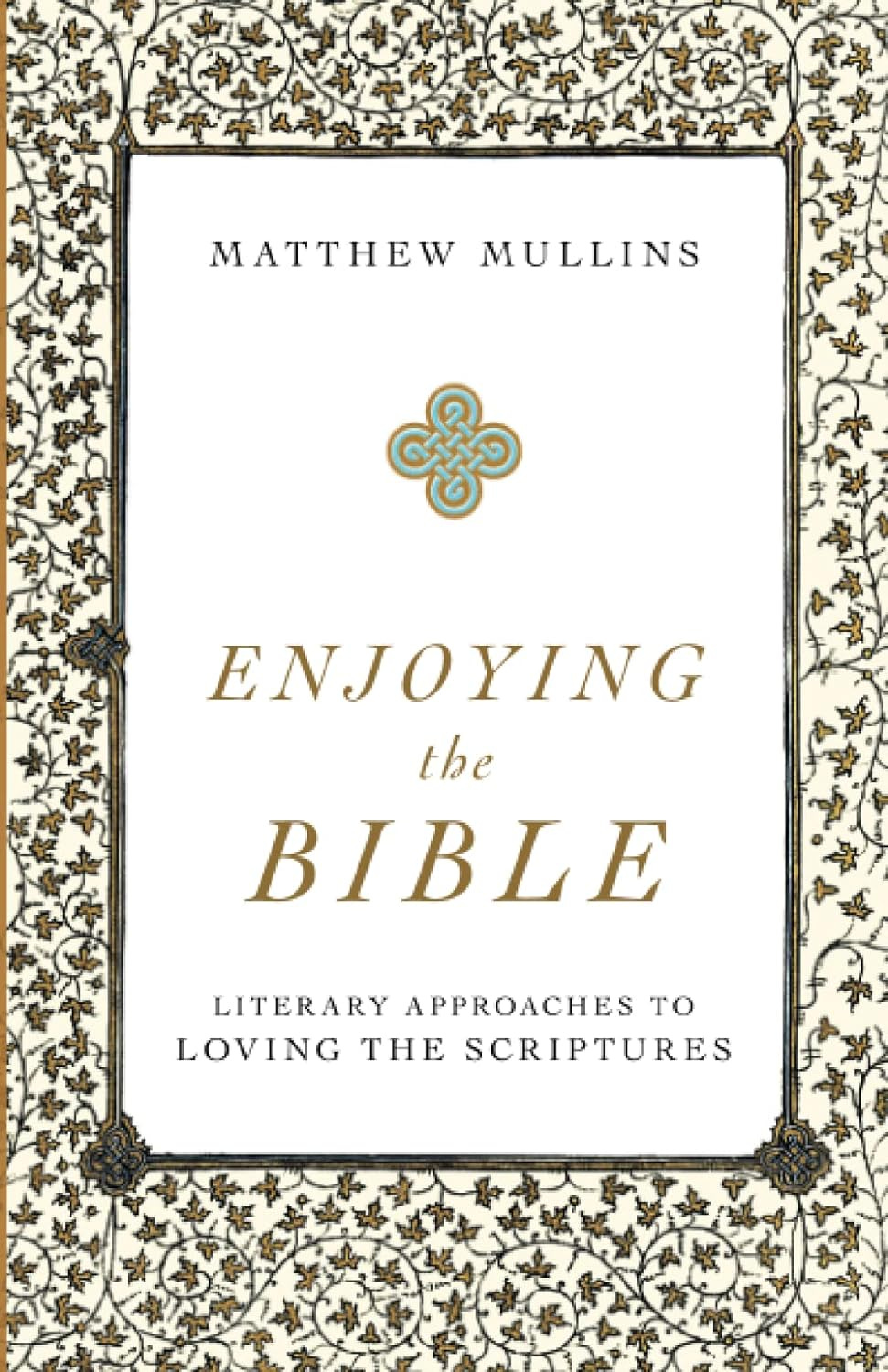
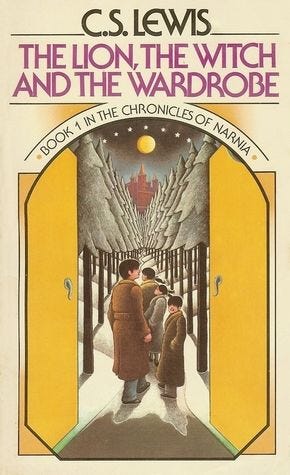
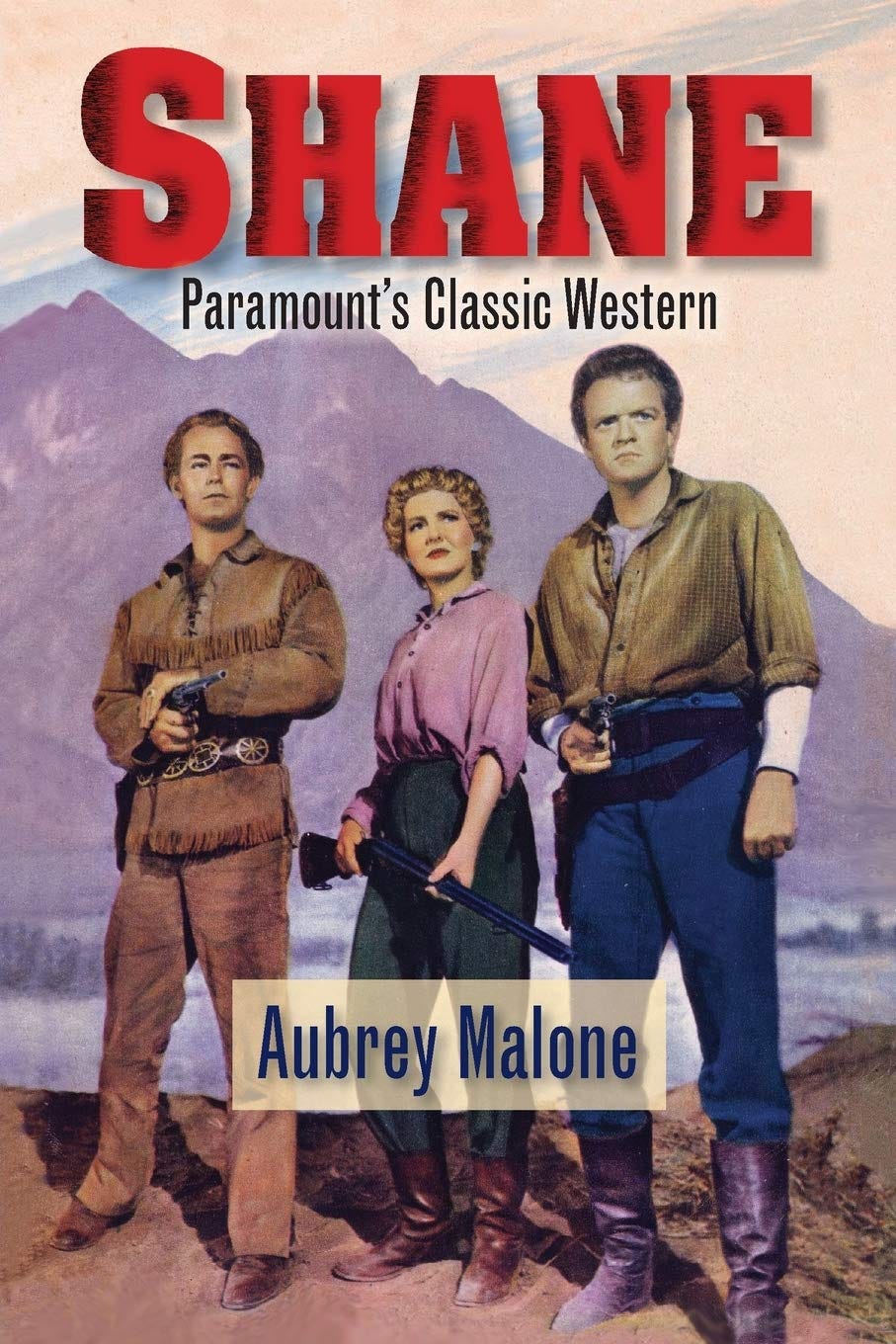
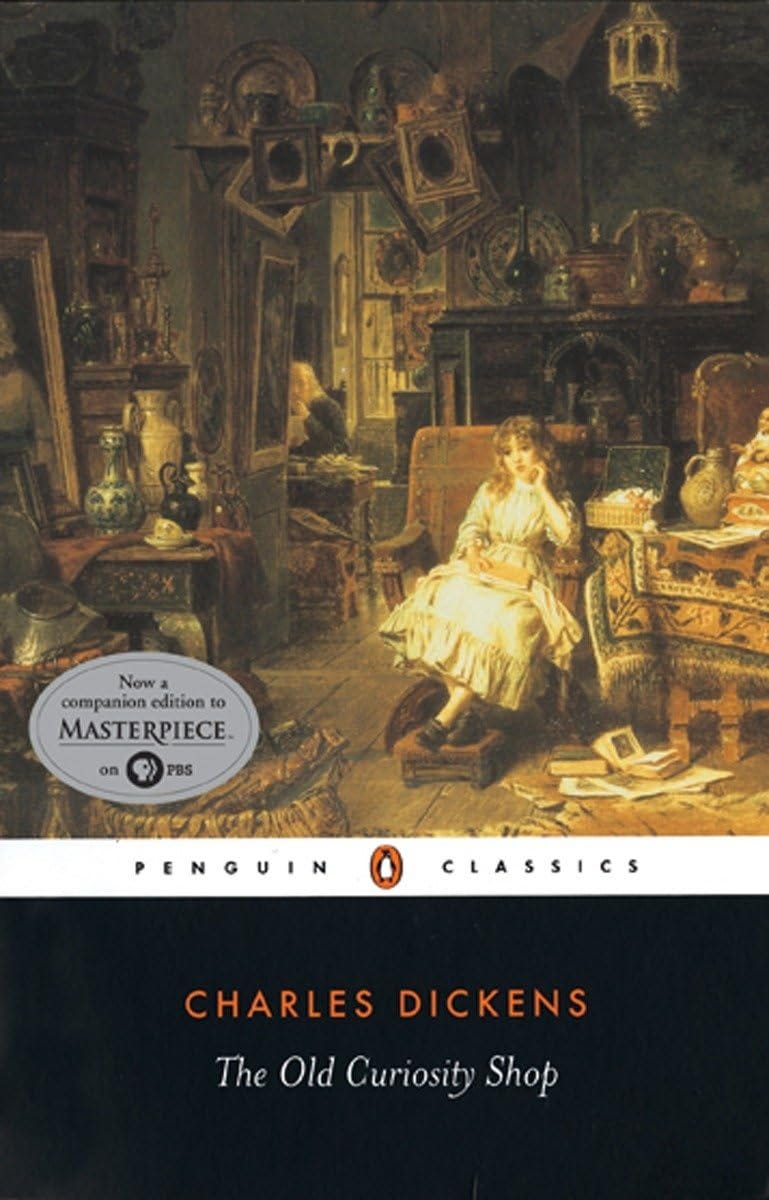
The Constant Gardener, by John le Carre; Shadows Linger, by Glen Cook; The Maltese Falcon, by Dashiell Hammett.
It was a good Richard Stark month. I read The Seventh, The Handle, The Damsel (a Grofield novel) and The Rare Coin Score.